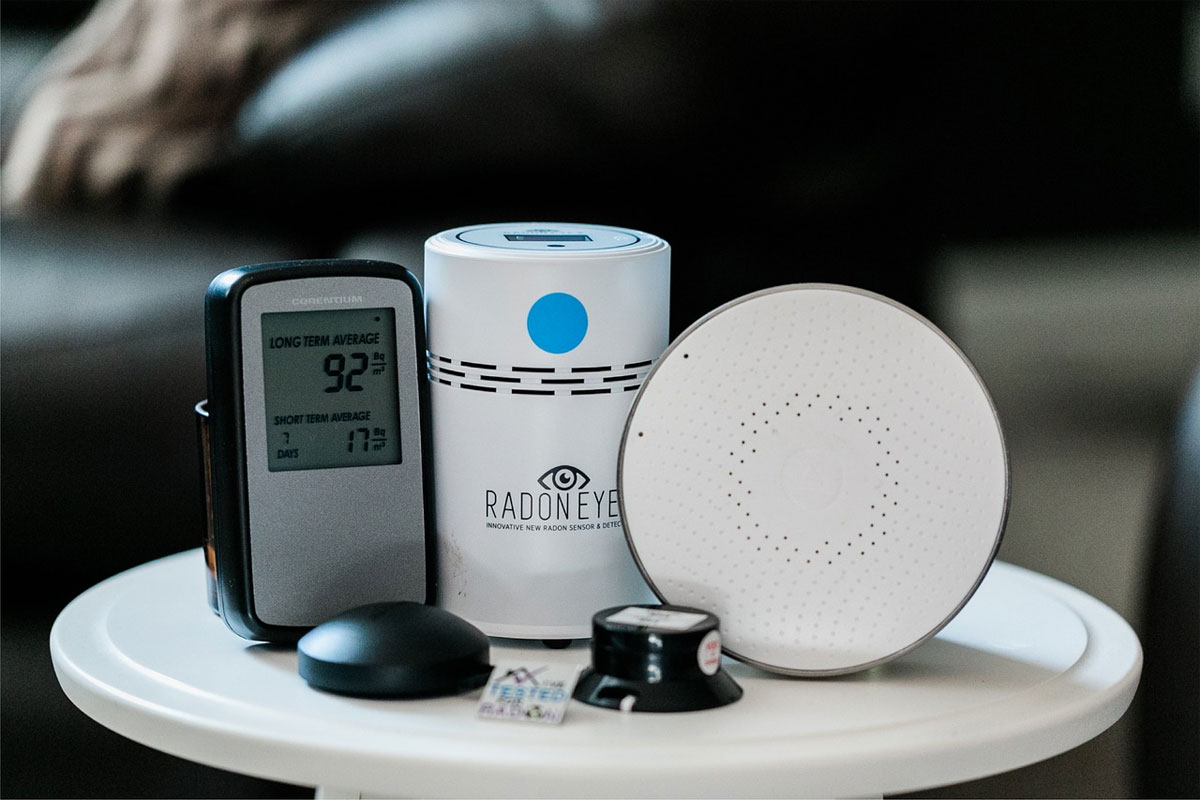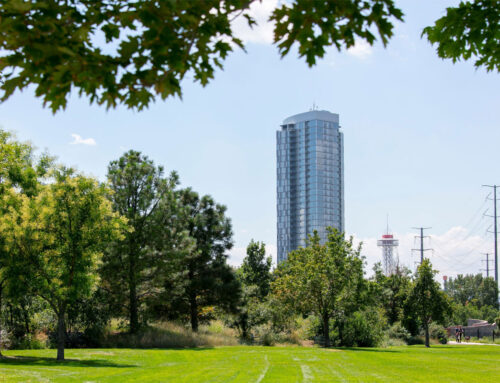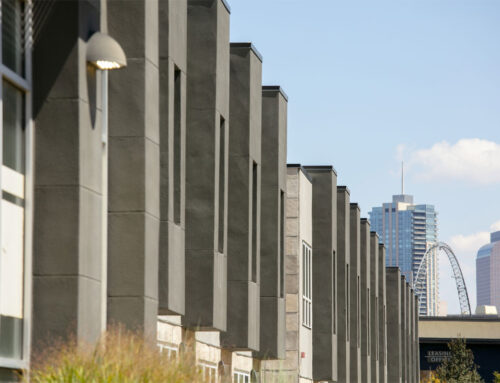The Department of Excise and Licenses is sharing information from the Department of Public Health & Environment about a Colorado law requiring landlords and home sellers to provide written disclosures on the risks of radon to future occupants.
Approximately 50% of homes in Colorado have elevated radon levels. As owners, landlords, agents and managers of rental property, you play an important role in protecting the health of your tenants.
Radon is an invisible, odorless, tasteless gas that comes from the natural radioactive breakdown of uranium in soil, rock and water. It enters buildings through the numerous cracks, holes, and pipes in the foundation. Radon is the second-leading cause of lung cancer and is responsible for about 21,000 lung cancer deaths every year.
Radon can be found in any building, but homes are the most concerning because that’s where families spend the most time. Learn more about radon at www.denvergov.org/radon.
Colorado Senate Bill 23-206 went into effect throughout Colorado on Aug. 7, 2023, and is intended to increase awareness of radon gas levels in homes and buildings. The bill applies to the sale of residential properties and residential lease transactions. Several disclosures that are required to be provided in writing can be found in the bill. Items to be included, but aren’t limited to include:
- A standard, distinct warning statement about radon.
- A lease must also describe any knowledge the landlord has of the residential real property’s radon concentrations.
- The most recent brochure published by the Colorado Department of Public Health and Environment (CDPHE) that provides advice about radon in real estate transactions. This can be provided here under the real estate resources section.
The law requires the tenant to acknowledge receipt by signing the disclosure. If a landlord fails to make the required disclosures, or does not make a reasonable effort to mitigate the radon within 180 days after being notified by a radon mitigation professional that the air concentration of radon of 4 pCi/L or more, the tenant can void the lease agreement and vacate the property. After Jan. 1, 2026, this remedy will not apply to leases that are one year or less.
If you are interested in having your property tested for radon, be aware that Colorado House Bill HB21-1195 requires licensure to practice as a radon measurement and mitigation professional. Active radon license holders can be found on CDPHE’s website under “Find a licensed radon measurement professional.”
Share this message with any other stakeholders and encourage them to sign up for the residential rental property informational bulletin to receive news and updates as they become available.
The Department of Excise and Licenses is now on LinkedIn. This platform enhances the Department’s ability to reach more Denver businesses, consumers and stakeholders that are impacted by license regulations. The page provides newsworthy Denver business information, including licensing trends, updates about changes to regulations, alerts about new programs to support businesses and opportunities for the community to participate in the licensing approval process. Check out the page and give us a follow.
If you have questions or comments about the residential rental property license in Denver, email [email protected].
From the: Department of Excise and Licenses
It is your right to access oral or written language assistance, sign language interpretation, real-time captioning via CART, or disability-related accommodations. To request any of these services at no cost to you, fill out this form with three business days’ notice.






Great question—radon disclosure laws for landlords vary by state. In places like Maine, Illinois, and Colorado, landlords must inform tenants about known radon risks, and in some cases, even test and mitigate. Even where it’s not required, it’s smart (and safer) to test and disclose.